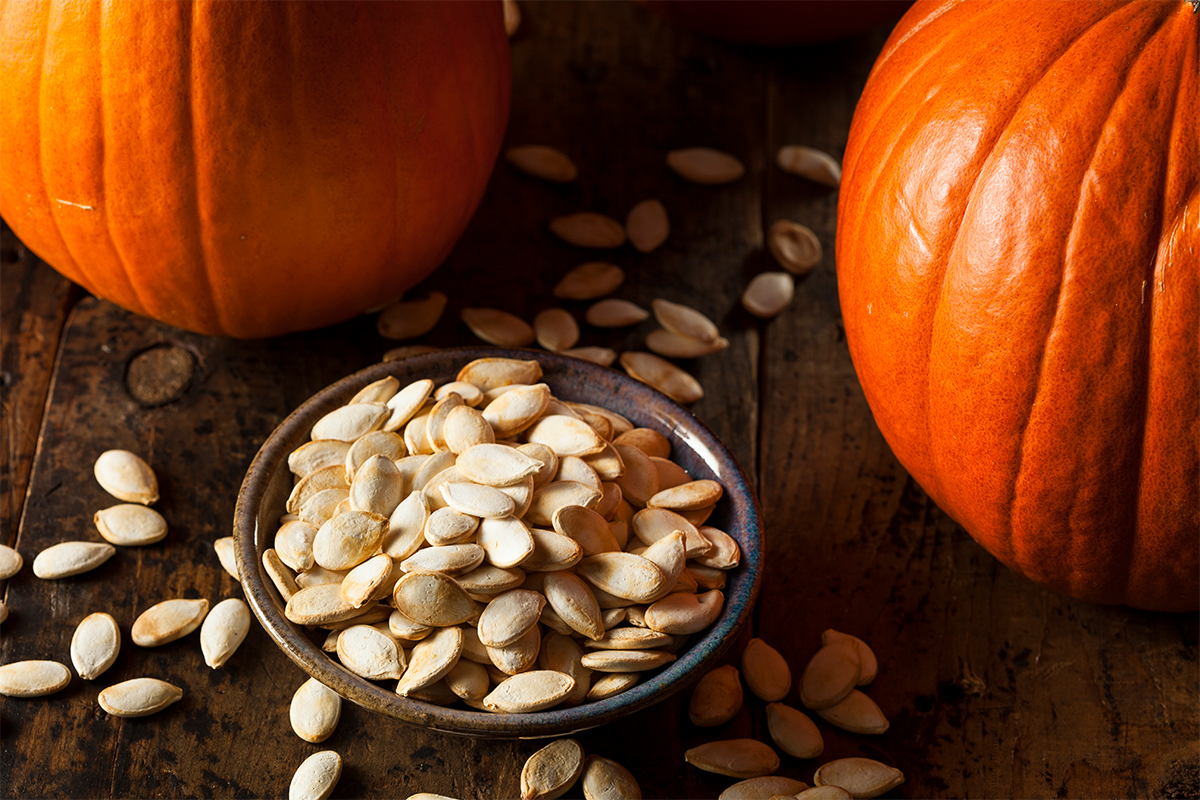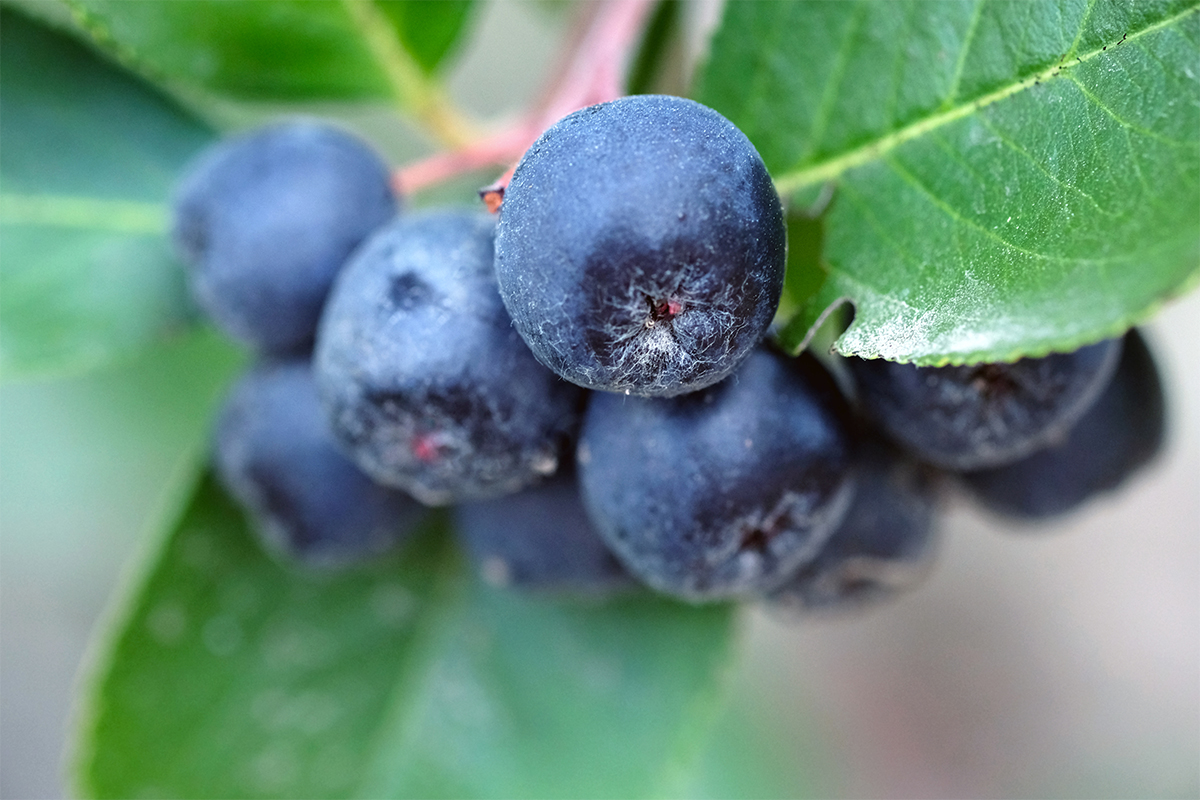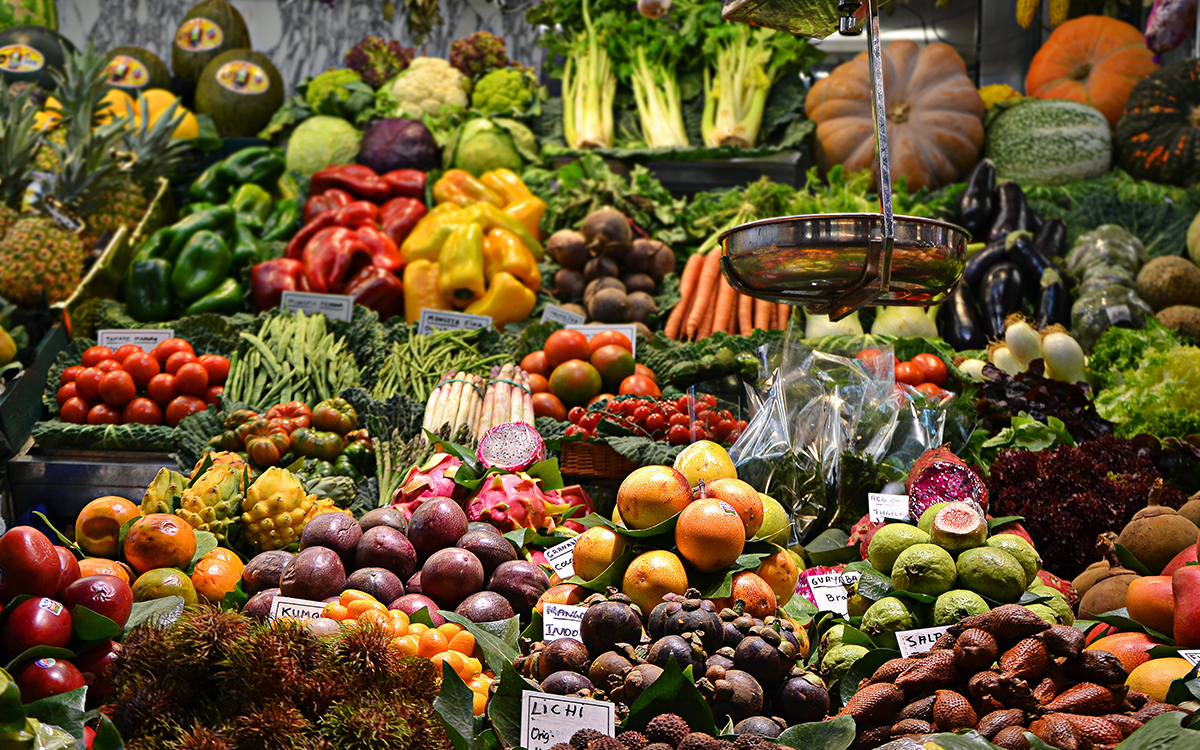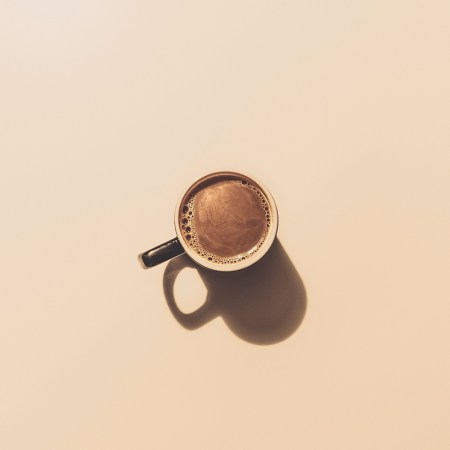As of this Sunday, the sun’s going to start setting before 5:00 p.m. It’s officially hunker-down-and-eat-heavy season.
Studies have proven that we actually do eat more during this time of year, to the tune of about 222 more calories a day. That exceeds the lightest-eating season (spring) by a margin of 14%. There are a couple theories why. Some biologists contend that we’re exhibiting a “chipmunk instinct.” (With less light, we’re more likely to stockpile food.) Anthropologists point to the numerous holiday feasts held during this time of year, many of which include hearty dishes with deep historical ties.
Whatever the reason, we’re about to start eating a lot of food with a lot of calories, like decadent pies, chunky soups and stuffed ground fowl. Many people have even been drinking the most famous recent addition to autumnal consumption — the 380-calorie, 50-grams-of-sugar pumpkin spice latte — since late August. It’s probably for the best that we cut back on these plates not long after New Year’s (on average, people gain up to three pounds over the holidays), but there is at least one highly seasonal ingredient that deserves year-round consideration: Pumpkin seeds.
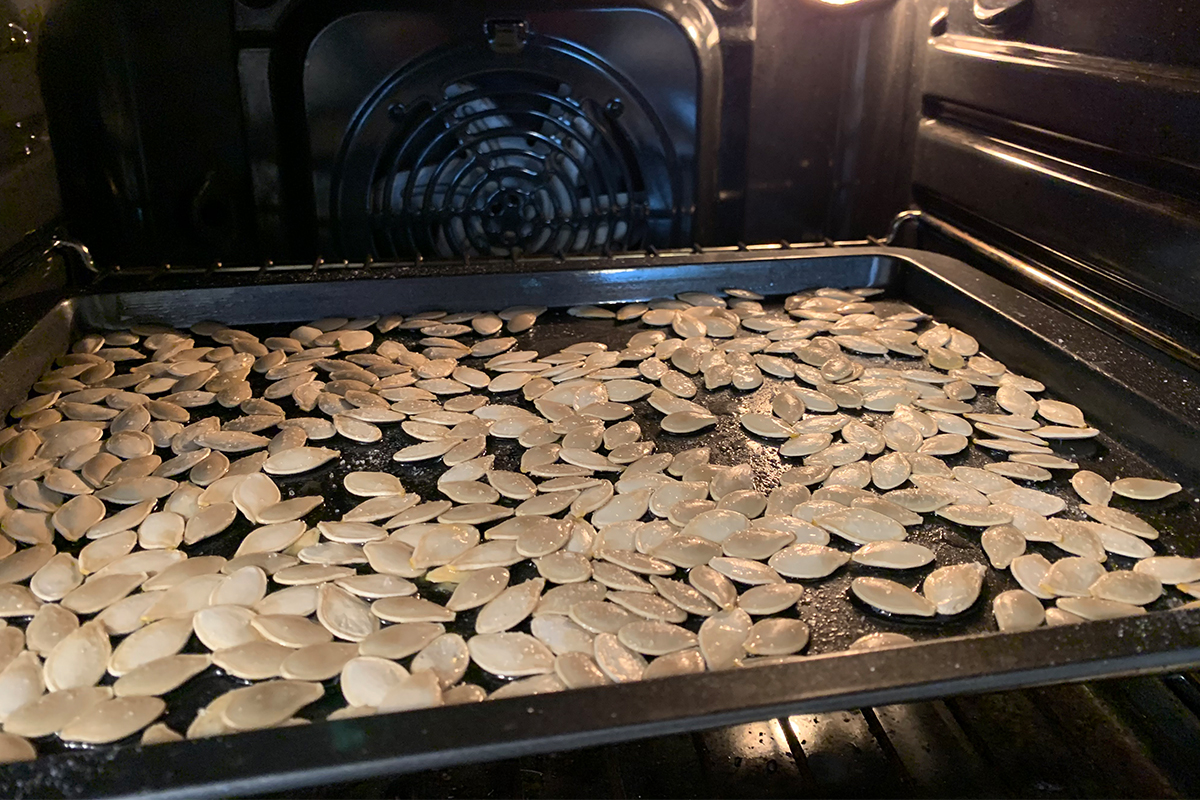
The Basics
Pumpkin seeds are the small oval pips of pumpkins. They’ve got a beige-white hue when the husk is on and appear greenish-brown after the husk is removed.
In the States, it’s common to indiscriminately refer to the small seeds as “pumpkin seeds,” regardless of whether the husk has been shelled, roasted with salt or spiced. That said, in Mexican cuisine, the pumpkin seed is fondly called a pepita (from the Spanish pepita de calabaza, or little seed of squash) and is eaten widely as a snack or used to create a “seed sauce” for enchiladas. Meanwhile, nations in Eastern Europe and the Mediterranean — which contribute a sizable portion of the world’s pumpkin production — are also fans of regular pumpkin-seed consumption, even eating it by way of oils or nut butters.
Got Minerals?
Americans don’t afford pumpkin seeds the casual, everyday attention that they deserve. You can blame it on the seed’s seasonality, this country’s obsession with nuts (we eat nearly four times more metric tons of almonds than the next closest country) or the bang-up marketing job done for sunflower seeds over the years, but there’s just no nutritional sense to neglecting pumpkin seeds for 75% of the year. Consider that an ounce of pumpkin seeds (that’s about 85 kernels) contains at least 14% of the Reference Daily Intake (RDI) for copper, vitamin K, phosphorus, manganese, magnesium, iron and zinc.
Two of those minerals — manganese and magnesium — are found in abundance in pumpkin seeds, with more than 35% of your daily intake for each found in just a few handfuls. Considering that nearly 80% of American adults don’t get enough magnesium, that’s a big deal (not to mention a great way to supplement your diet without having to take a multivitamin). These antioxidants reduce inflammation in the body by fighting free radicals —the metabolic reactions that harm cells and can lead to heart disease or cancer. Daily consumption can positively affect blood pressure, lower cholesterol, stabilize blood sugar levels and even improve the health and clarity of your skin.
Super Seeds
Pumpkin seeds are also high in fiber (which is essential for gut health), feature as much protein as many industry-grade recovery bars (seven grams per ounce) and contain healthy omega-6 fats. Those attributes all have something in common: they’ll fill you up. But they’ll do so without forcing you to take on very many calories. A standard serving of shell-free pumpkin seeds contains just 151 calories. For reference, the average blueberry muffin these days is about 426 calories, and won’t do much in the fiber, protein and healthy fats departments.
Making the snack even more of a no-brainer? It’s been linked to long-term health solutions in a variety of areas. In 2009, a research paper titled “Antioxidant and lipoxygenase inhibitory activities of pumpkin seed extracts” showed a correlation between pumpkin seed consumption and a reduced risk of five different types of cancer, including prostate cancer. A study released three years later also exhibited that a supplement including pumpkin seeds could slow the growth of prostate cancer cells. That’s a pretty impressive calling card in its own right, but researchers have also studied positive relationships between pumpkin seeds and heart health, bladder health, blood sugar levels and even sperm quality (thanks to the zinc).
How Do I Eat Them?
Entirely up to you. You can absolutely eat the seeds from the carved pumpkin on your porch; just know that whole seeds have twice the amount of fiber as shelled seeds, while the endosperm envelope — an area between the hull and the seed — is particularly high in minerals, especially zinc. Be sure to get rid of the orange innards, leave some time for the seeds to dry out, then roast them in the oven for less than 20 minutes (at which point the molecular structure of the seed can change, which affects the fat content). There are some great recipes online, from the very basic (butter, salt), to the more ambitious (tasty Cajun). At the end of the day, though, they’re pretty hard to screw up as long as you don’t burn them.
In the spirit of making pumpkin seeds a more casual, year-round option, though, you should make a habit of picking up whole seeds at the grocery store and roasting them once a week, or look to just buy the shelled versions, which pair well with salads, sautéed vegetables, smoothies, soups and oatmeal raisin cookies. Where possible, try to limit the butter, salt and sugar — really, a bowl of shelled seeds with a big glass of water gets the job done just fine — and let the pumpkin seed’s superfood properties shine.
The Charge will help you move better, think clearer and stay in the game longer. Subscribe to our wellness newsletter today.
